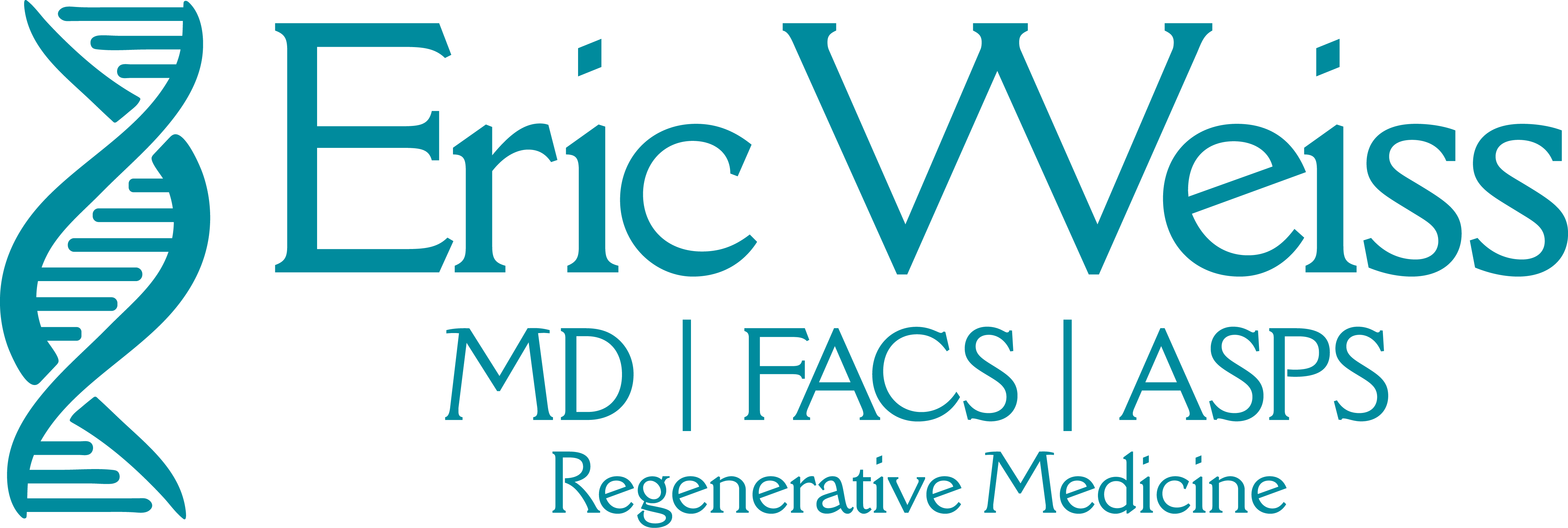TBI and Inflammation
Traumatic Brain Injury (TBI) results from a sudden disruption of brain tissue, often due to accidents or impact. While the initial trauma causes tissue damage and reduced blood flow, the bigger threat is often the prolonged inflammation that follows. This inflammatory process can continue long after the injury, worsening damage and limiting recovery.
Why Stem Cells Matter
Umbilical cord blood stem cells are uniquely equipped to turn off harmful inflammation and activate natural repair mechanisms. Unlike drugs that have largely failed to address TBI-related inflammation, these stem cells migrate to damaged areas and secrete signals that promote healing.
Preclinical and clinical studies consistently show improved recovery when stem cells are added to standard TBI rehab. Patients show better neurological function, increased independence, and improved cognitive abilities. These benefits extend to both acute injury and chronic symptoms.
How Stem Cells Help Heal the Brain
Umbilical cord stem cells can:
- Differentiate into neurons, astrocytes, and microglia
- Stimulate existing neural stem cells in the brain
- Encourage new connections and regrowth
These effects help restore brain function and reduce long-term disability.
Looking Ahead: TBI & CTE
Stem cell therapy shows promise not only for TBI but also for Chronic Traumatic Encephalopathy (CTE)—a condition linked to repeated head trauma. Ongoing research is exploring how umbilical cord stem cells might improve cognition, self-care, and neurological resilience.
While some may consider stem cell therapy “experimental,” Dr. Weiss views it as a responsible and proactive treatment—especially in complex conditions where conventional therapies fall short. Like surgeons who must adapt in challenging cases, using the best available tools is often the most ethical choice.
